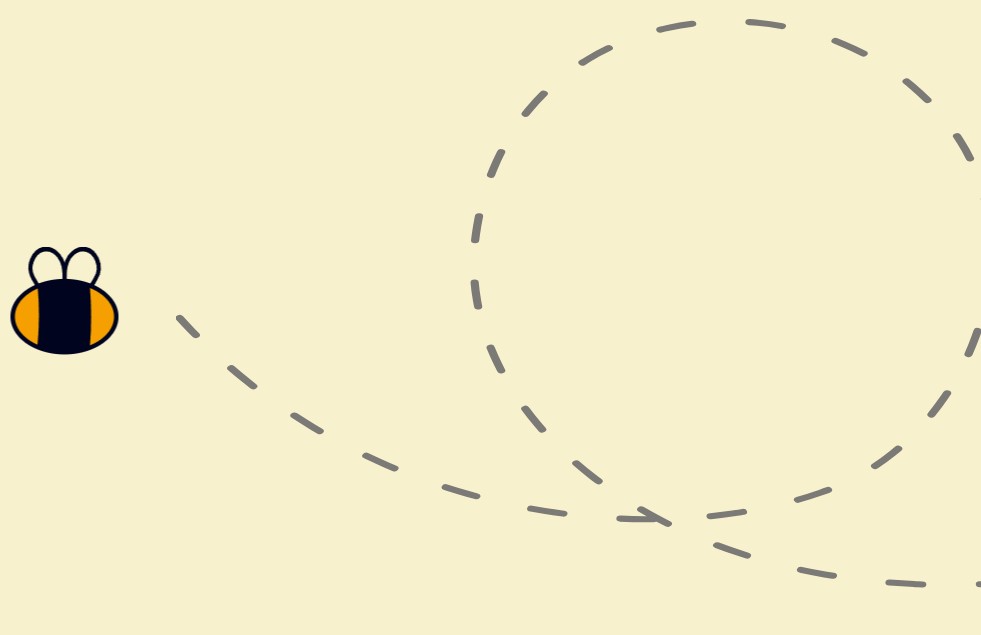Simply put, growth hacking is a passion to grow. Grow users, grow subscriptions, grow community. One part marketing and one part technology, it’s a new way for startups to take their business from zero to success with little or no traditional marketing.
Sound too good to be true? Take a look at Hotmail.
When it launched in 1996, Hotmail was just a fledgling email service with awkward capitalization. But when investor Timothy Draper had the brainwave to add “PS: I love you. Get your free e-mail at Hotmail” to the bottom of each email, the service finally took off.
This simple growth hack led to a viral adoption of Hotmail, with an average of 3000 new users a day. Within 6 months Hotmail was up to 1 million users, and 5 weeks later they officially hit the 2 million user mark.
At one point during this phenomenal growth, co-founder Sabeer Bhatia sent a single email to India. Within 3 weeks, Hotmail had 300,000 users there.
No advertising, no cash. Just a sneaky two-liner thrown in at an opportune moment.
Other famous growth hacks:
Dropbox: Used an incentive-based referral program (tell a friend, receive a 500MB increase) to increase signups by 60%.
Airbnb: Finagled their way through Craigslist’s closed API and built an automatic “post to Craigslist” function, tapping into a worldwide channel with millions of users.
Wall Street Journal: Offered free Wi-Fi in high-traffic areas of New York, and sent users to a special landing page that captured email addresses and job titles—perfect for future targeted email marketing—followed by an email containing a free 4-week subscription offer.
As you can see, growth hacking isn’t a set-in-stone strategy. It’s a mindset, not a toolset, that requires flexibility, creativity and opportunism. Because each product is unique, growth hackers must find equally unique solutions to achieve the desired growth. It could be as simple as improving your site’s load times, or as complex as engineering content sharing widgets.
And because all growth hacking articles end with a disclaimer that goes something like “Growth hacking is nothing without a great product,” I’ll throw that in as well. Because it’s true.
Hack all you want, but if your product or service isn’t awesome, you won’t succeed.







